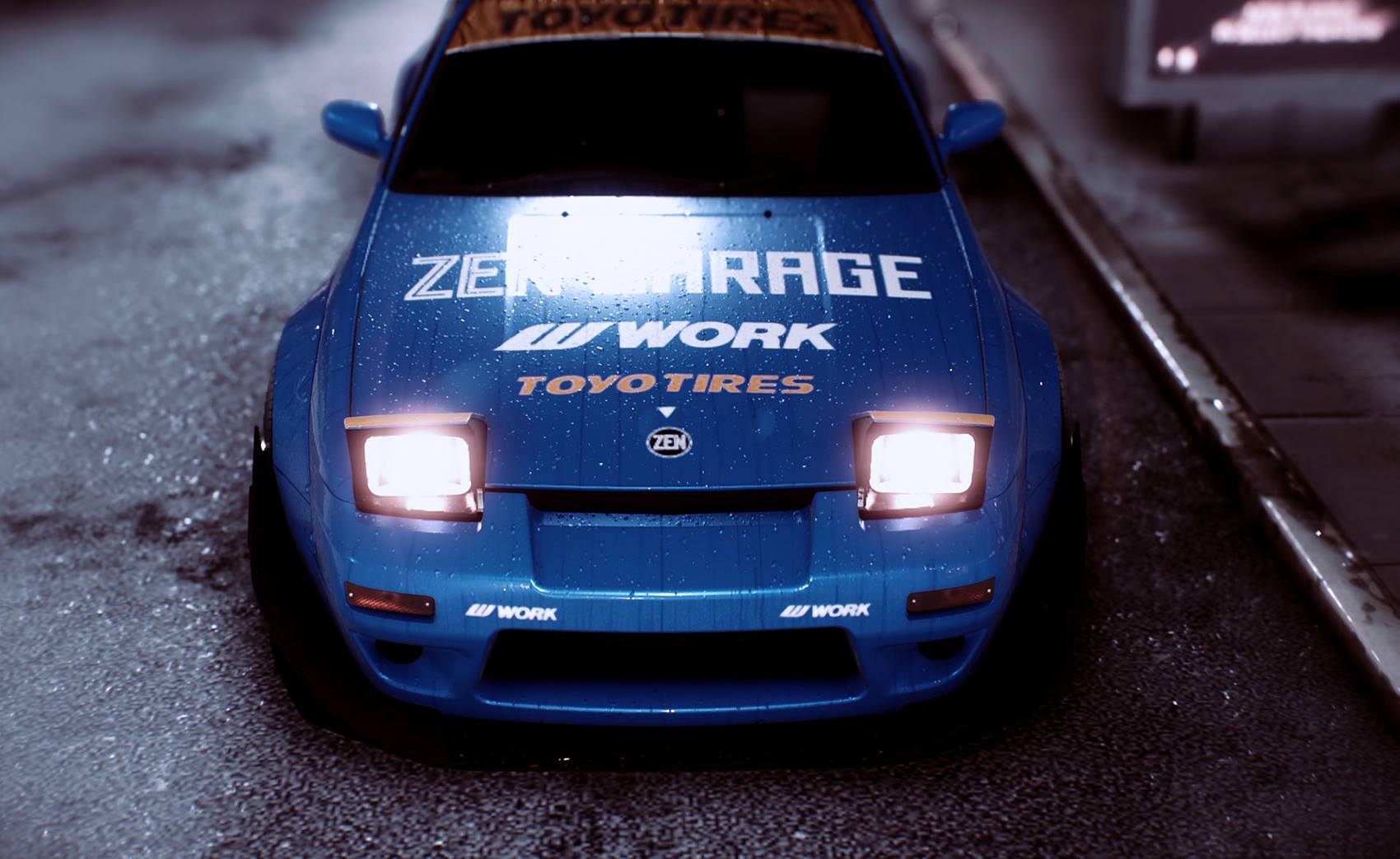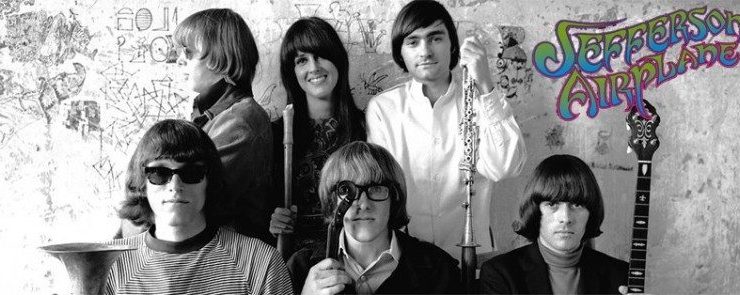

However, music’s ubiquity is not our enemy.

Yes, it’s easy to get lost in the unnavigable waves of sound pouring out of speakers incessantly. Yes, it’s easy to devalue music in this current landscape. This is the world I find myself in every day as a music writer, a world with enough music-old and new, popular and underground, traditional and experimental-to fill the Library of Alexandria hundreds of times over, all for $9.99 a month. We should never shy away from allowing our curiosity to wander to the world’s very edges in search of truth and hope, especially in times like right now when it’s easy to be cooped up with our own thoughts and emotions. However, it also adds to music’s ubiquitous, saturated market, making it difficult for artists to vie for an audience’s attention. Music creation, distribution, and promotion is at every artist’s fingertips.
#Find the rabbit soundcloud pro#
It will never be easy for independent artists, but the tools available-from platforms like Bandcamp, Soundcloud, Audiomack, and Spotify, to digital distributors like TuneCore and CD Baby, to recording software like GarageBand, Pro Tools, and FL Studio-are simply unprecedented. Never in music’s history has it been as possible for an independent artist to gather an audience. The true “miracles and wonders” of the streaming era begin with the opening of the gates to independent artists. They were doing fine before the streaming era, and they’ll be doing fine in whatever era comes next (may the vinyl revolution come soon!). They’re taking their time.īut I’m not here to talk about how ubiquity has served the world’s biggest pop stars. They’re listening to albums from cover to cover. What this all suggests is that people are listening.

This year, The Weeknd’s album After Hours also appeared on the chart in its entirety. In 2018, Drake claimed seven of the top ten spots when his album Scorpion dropped. Additionally, it’s now commonplace for entire albums to appear on the Hot 100 chart at the same time, instead of just a single or two. That’s nearly five months dominated by a single song. While social commentators like to highlight Gen Z’s shortening attention span, last year, 21-year-old Lil Nas X’s “Old Town Road” became the longest-running number single in history, holding the spot for 19 weeks. Surprisingly, a look at recent Billboard charts suggests that America is actually taking a slowed-down approach to music. The choice has always been there: do we allow ourselves and others to control a piece of art and conform it to our needs, or do we allow an artist to speak to us in the way they intended? Furthermore, radio programmers have been curating America’s musical taste and pushing singles for just about 100 years.ĭeconstructing the album is not a novel idea. Before the algorithms of Spotify and Pandora came along to compete for our musical attention, there were mixtapes-collections of songs cherry picked so we could ignore the album cuts we didn’t like. The choice between intentional listening and playing background music is not new to Generation Z or Millennials or Gen Xers.

What I’d like to do instead is push back against the idea that streaming-era ubiquity undercuts the process of truly living with an album. Can’t we offer them at least an hour’s attention?Īndrew covered this subject well, and I don’t want to spend too much time doubling down on it. After all, the artist spent months-perhaps years-crafting this collection of music for our enjoyment and enrichment. I absolutely agree and affirm the need to sit, slow down, and pay attention to what we’re listening to with the same respect we offer films at the theater. But I’d first like to establish some common ground. Today, I’m tasked with offering a rebuttal-an alternate view of our musical landscape and its implications on our capability to intentionally engage with art. He argues that the ubiquity offered by Spotify and the digital age has made it easy to speed past these experiences and engage with more music on a surface level, rather than dive deep. In it, he shared about his experience growing up with cassettes and CDs, poring over liner notes, and the process of learning to love an album’s deeper cuts. Last week, Andrew Peterson made an argument for the recovery of the “lost art of listening” and scarcity in music. Friends, I believe I am falling victim to one of the classic blunders-the most famous of which is never get involved in a land war in Asia-but only slightly less known is this: never go against a Peterson when your job is on the line!


 0 kommentar(er)
0 kommentar(er)
